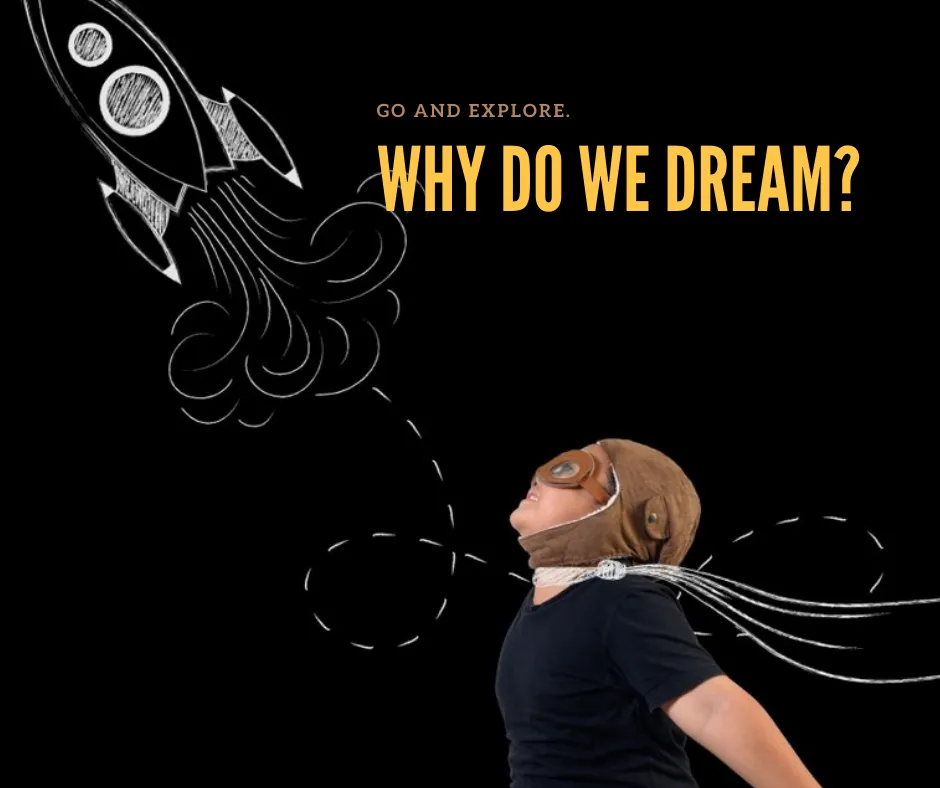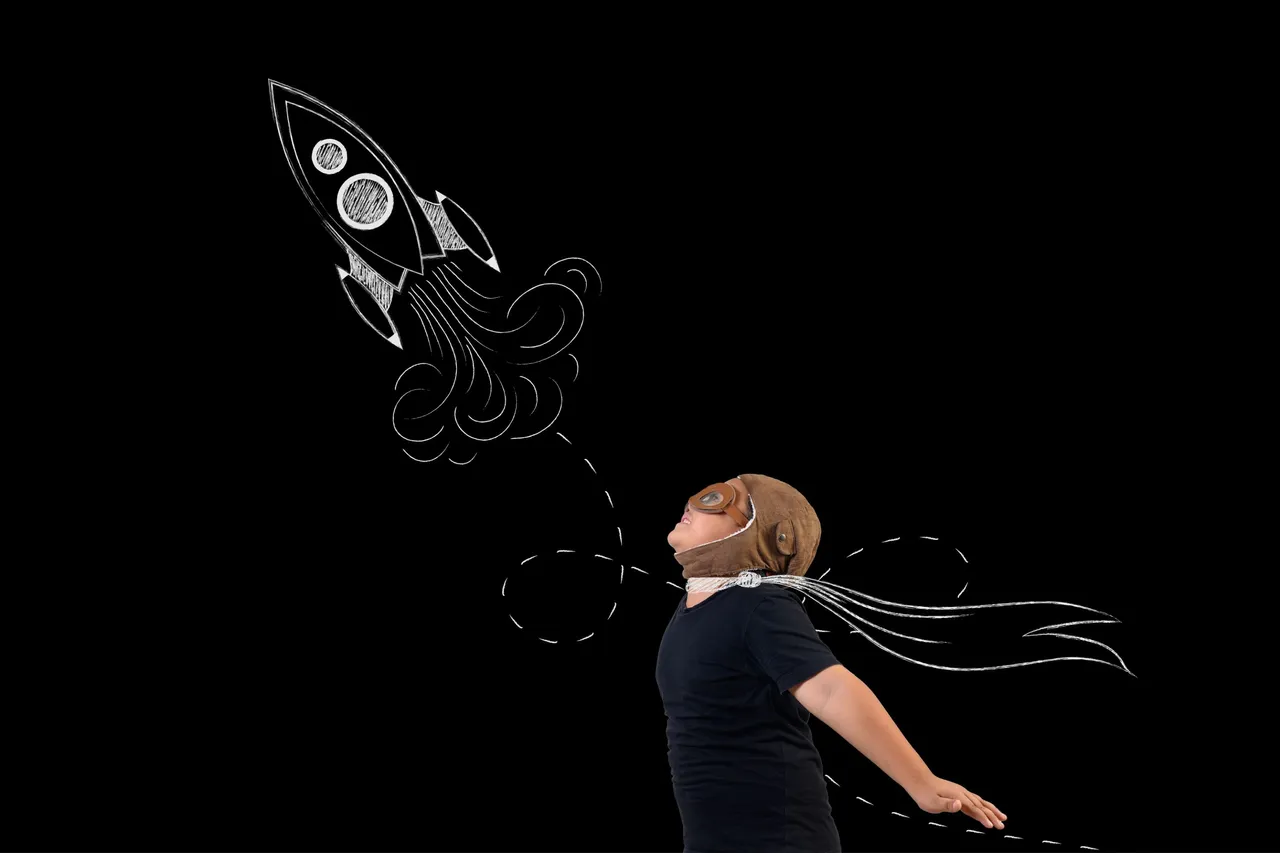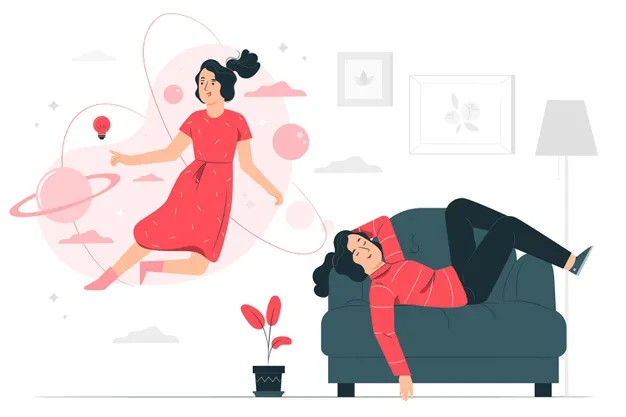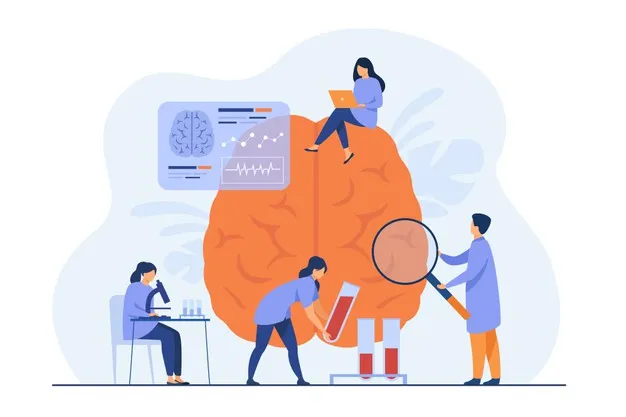
Dreams are mental journeys that occur during specific stages of sleep. They are most grounded during REM sleep, often known as the fast eye development stage. We have hunches about the role of sleep in modulating our digestion, circulatory strain, brain function, and other aspects of health. However, it has proven more difficult for scientists and researchers to define the dream job. At the point when we are conscious, our considerations have a specific rationale to them.
At the point when you rest, our cerebrum is as yet dynamic, but our dreams frequently have neither rhyme nor reason. It may be because the enthusiastic focuses of the cerebrum trigger dreams instead of the coherent areas. Although there's no complete verification, our dreams are self-portraying musings dependent on our new exercises, discussions, or different issues in our day-to-day existence.
Nonetheless, there are some mainstream speculations on dreams. One broadly held hypothesis about why we dream is that they help us store significant recollections and things we learned, dispose of immaterial memories, and sort through our convoluted contemplations and sentiments.
A closer examination of our dreams shows that rest helps store memories. If we learn new data and consider it, we'll have the option to review it better than if requested to recollect that data without the advantage of rest. What dreams mean for memory stockpiling and review isn't clearly defined at this point. In any case, dreams may help the mind proficiently store significant data while shutting out improvements that could meddle with memory and learning.

Photo Creadit: jcomp/freepik/
When we go to sleep each night, our mind goes on a sort of sleep roller coaster. As we sleep, our brain passes through different sleep stages again and again. Our brain repeats through the various stages of sleep, around four to five times in a typical night. Dreams occur at the REM stage. It is the stage where our eyes begin to move around quickly under our eyelids. I bet we saw some people sleeping where they reached the REM stage, even family pets. It is practically a normal sleep.
Researchers think that people dreamed only during REM, but most experts agree that dreams can occur between phases during the sleep cycle. So why do we dream? We have wondered about the why and how we dream. Despite improvements in medical technology and sleep research, experts today still have not concluded why people dream. They have, however, developed some interesting theories.
Some experts believe dreams process all the events and emotions we experience throughout the day. They believe dreams play a vital role in our physical, mental, and emotional health. Similarly, some people claimed dreams are an intuitive way of problem-solving. They think our dreams are a haven to work through problems, questions, and dilemmas that we encounter in our lives. Some scientist argues dreams are a simple bodily function, much like how we blurp or blink. Researchers may not agree on why we dream, but they can all agree on one thing: We all do it.

Photo Credit: stories/freepik
Maybe it is good that we dream since we spend a lot of time asleep. Though we can't count it as a valuable pastime or a hobby, we spend one-third of our lives sleeping. Most people sleep about eight hours per day on average. When we do the math, we can say that we sleep approximately 122 days each year. By the time we are 75 years old, we will have spent about 25 years asleep.
During eight hours of rest, people dream at least three to several times. Some people claim that they don't experience dreams, but in reality, they don't remember what happened or that it happened to them. There are several interpretations of why we don't recollect our dreams. Most dreams reflect on the activities or occurrences of the day.
Others could be the outcome set off by serious apprehensions somebody may procure. Strain and stress are additionally significant reasons for dreams. Researchers prompted that all our dreams can be connected with our feelings, wants, and needs. Although the inquiry "for what reason do individuals dream?" presumably will not have a precise or demonstrated answer until the far-off future, there are still a few clarifications as to why we dream. Such clarifications fluctuate from physiological to mental and prophetic convictions.

Photo Credit: pch.vector/freepik
Neuroscience believed that each part of our brain has a specific function to perform, but new findings upended the old paradigm. Our brain was initially assigned a task to each of its parts. But we found out that we can reassign it to another. For example, our visual cortex involves processing shapes or colors in people with functioning eyes, but the blind's brain rewires it to process other types of information.
What these findings do with dreaming? Neuroscientists proposed that our visual cortex is active during dream sleep to serve as a defense mechanism so that the nearby senses won't take over. They expounded that dreams are solely visual since it is the only sense that is harm by darkness. Dreams are an internal monologue to necessitate the brain to protect the area from rewiring.
The activation-synthesis hypothesis is a popular neurobiological theory of dreaming. It claims dreams have no meaning and are simply electrical brain impulses that pull random thoughts and imagery from our memories. We dream in an attempt to make sense of it rather than it has all the meaning. In contrast evolutionary psychologist argues dreams have a purpose. We can observe that not just from humans but other mammals such as cats, dreams too.

Photo Credit: vectorpouch/freepik
Another explanation is from the threat simulation theory. It proposes that dreaming is an ancient biological defense mechanism by repeatedly simulating events, which are potentially threatening. As a result, it enhances the neuro-cognitive ability required for efficient threat perception and avoidance. On the other hand, the defensive activation theory makes some predictions about dreaming. It states that when we age, the sleep spent in REM lower than that of an infant. As the brain grows less flexible, REM sleep appears to become less required.
Perhaps our dreams affect the amount of time we are resting. Being sleepless for an evening or (at least two) can make portions of our brain considerably more dynamic when we at long last slip into REM rest. We probably have more peculiar dreams when we had some anxious evenings or a troublesome day. It is not clear why we dream. Some say it is a defense mechanism or a constant simulation of what-if scenarios. "Why we dream?" is still an open question.
Readings
Sander van der Linden, The Science Behind Dreaming: New research sheds light on how and why we remember dreams--and what purpose they are likely to serve
David Eagleman and Don Vaughn, Why Do We Dream? A New Theory on How It Protects Our Brains
Debra Sullivan and Timothy J. Legg, Why Do We Dream?, Why Some People Always Remember Their Dreams and Others Forget
Cristine Dell'amore, Why Do We Dream? To Ease Painful Memories, Study Hints
Rebecca Renner, The pandemic is giving people vivid, unusual dreams. Here’s why.
Thomas Furness, BBC's Science Focus: Why do people dream?
